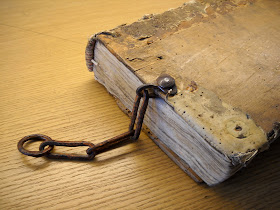 "Dear Mother. We are at last out of fighting…at least for a while." So begins one of the letters from Jared P. Hubbard, a Union soldier with the Second Regiment New Hampshire Volunteer Infantry, to his mother. Jared was twenty-four when he joined the army. Married, he wrote to his wife Judith regularly, telling her about his experiences and describing his surroundings. The 2nd New Hampshire regiment, organized in 1861, was the longest serving volunteer regiment of the State of New Hampshire fighting in all the major battles of the Civil War, from Bull Run to Gettysburg. At Gettysburg Jared narrowly escaped death when "the cannonading was the most terrific ever seen. The shells passed over our heads so close that we could feel the wind of it." Death, however, was everywhere. "The ground was actually covered with dead and wounded men, union and rebels all together, with hundreds of horses, and the stench was awful."
"Dear Mother. We are at last out of fighting…at least for a while." So begins one of the letters from Jared P. Hubbard, a Union soldier with the Second Regiment New Hampshire Volunteer Infantry, to his mother. Jared was twenty-four when he joined the army. Married, he wrote to his wife Judith regularly, telling her about his experiences and describing his surroundings. The 2nd New Hampshire regiment, organized in 1861, was the longest serving volunteer regiment of the State of New Hampshire fighting in all the major battles of the Civil War, from Bull Run to Gettysburg. At Gettysburg Jared narrowly escaped death when "the cannonading was the most terrific ever seen. The shells passed over our heads so close that we could feel the wind of it." Death, however, was everywhere. "The ground was actually covered with dead and wounded men, union and rebels all together, with hundreds of horses, and the stench was awful."51,000 men died in the three-day battle. Jared's regiment, which had entered the battle with 353 soldiers, saw 47 killed, 136 wounded and 36 missing in the first three hours. When not in battle Jared's letters depict the sometimes mundane, every day life of a Union soldier, from asking for more shirts and stamps from his wife to scolding his mother for her accusation that he cared "nothing for her interest."
To read more of Jared's letters ask for MS-1157.

